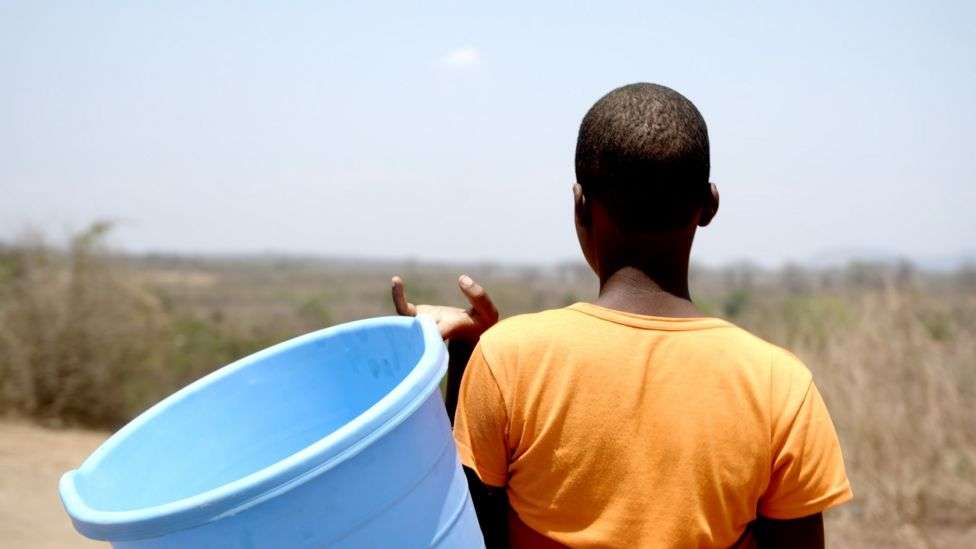Thailand has taken a historic step closer to marriage equality after the lower house passed a bill giving legal recognition to same-sex marriage. It still needs approval from the Senate and royal endorsement to become law. But it is widely expected to happen by the end of 2024, making Thailand the only South East Asian country to recognise same-sex unions. It will cement Thailand's reputation as a relative haven for LGBTQ+ couples in a region where such attitudes are rare. "This is the beginning of equality. It's not a universal cure to every problem but it's the first step towards equality," Danuphorn Punnakanta, an MP and chairman of the lower house's committee on marriage equality, told parliament while presenting a draft of the bill. "This law wants to return these rights to this group of people, not grant them the rights."
The new law, which was passed by 400 of 415 of lawmakers present, will describe marriage as a partnership between two individuals, instead of between a man and woman. And it will give LGBTQ+ couples equal rights to get marital tax savings, to inherit property, and to give medical treatment consent for partners who are incapacitated.
Under the law, married same-sex couples can also adopt children. However, the lower house did not adopt the committee's suggestion to use the term "parents" instead of "fathers and mothers".
Thailand already has laws that ban discrimination over gender identity and sexual orientation and is, therefore, seen as one of Asia's most LGBTQ+ friendly nations.
But it has taken many years of campaigning for same-sex couples to come this close to marriage equality.
Past attempts to legalise same-sex marriage failed despite broad public support. A government survey late last year showed that 96.6% of those polled were in favour of the bill.
"Yes, I'm watching the parliamentary debate and keeping my fingers crossed," says Phisit Sirihirunchai, a 35-year-old openly gay police officer. "I'm glad and already excited that it is really going to happen. I am coming closer and closer to seeing my dreams come true."
Phisit said he and his partner, who have been together for more than five years, have been planning to get married on the day the law comes into effect.
"I feel that equality has happened today. It's a historic day for the Thai parliament that stands to fight for the rights of LGBTQI+," said Tunyawaj Kamolwongwat, a gay MP from the opposition Move Forward party who has been campaigning for marriage equality in the past decade.
Several political parties promised to recognise same-sex unions as part of their campaign before last year's election. Prime Minister Sretta Thavisin has also been vocal in his support since taking office in September last year.
In December, the lower house passed four proposed bills to recognise same-sex marriage - one was put forward by Mr Thavisin's administration and three came from opposition parties. These were then combined into a single bill, which the lower house passed on Wednesday.
However, the Thai parliament has so far rejected proposals to allow people to change their gender identity, despite the high visibility of transgender communities here.
Thailand still stands out in South East Asia, where same-sex intimacy is criminalised in some countries. It is also an outlier in Asia.
In 2019, Taiwan's parliament became the first in Asia to legalise same-sex marriage. Nepal registered its first same-sex union in November last year, five months after the Supreme Court ruled in favour of it.
This was just one month after India's top court had ruled against it, leaving the decision to the government, which said it would set up a panel that would decide on more legal rights for same-sex couples.
The LGBTQ+ community has also been fighting for marriage equality in Japan, where district courts have ruled that the ban is unconstitutional. Polls show public support for it but stiff opposition from older, traditional ranks of the ruling party has stymied efforts.
Singapore scrapped a colonial-era law that banned gay sex in 2022, but also amended its constitution to prevent the courts from challenging the definition of marriage as one between a man and a woman.








